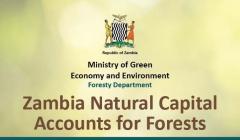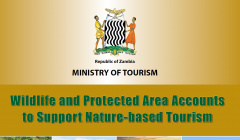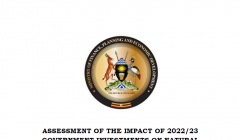Recursos destacados
Publicaciones

The Natural Capital Accounts (NCA) for Forests covering the period 2016 to 2020
Informes técnicos

This report highlights the changes in animal populations, their use, and partial accounts for the...
Informes técnicos

The Rapid Environment Economic Assessment (REEA) model can be used to analyse government investment...
Recursos más recientes
Natural capital accounting for the sustainable development goals: Current and potential uses and steps forward
Lessons about how NCA could help countries address SDG challenges.
European Commission: Natural Capital Accounting
The first priority objective of the 7th Environment Action Programme (7th EAP) is to protect, conserve and enhance the European Union’s natural capital.
Macroeconomic Indicator and Wealth Accounts Training - Indonesia
WAVES-Indonesia and the Ministry of Finance of the Republic of Indonesia organized a training on Macroeconomic Indicators and Wealth Accounts on 6 – 9 March 2018, at the Mercure Hotel in Jakarta.
Compiling Mineral and Energy Resource Accounts According to the System of Environmental Economic Accounting (SEEA) 2012: A Contribution to the Calculation of Green Growth Indicators
This paper can be seen as a set of technical guidelines to support the compilation of mineral and energy resource accounts according to the System of Environmental Economic Accounting (SEEA) 2012.
Rwanda Natural Capital Accounts - Land
Rwanda's first land accounts (1990 - 2015) focus on assets and changes in land use, land cover, and land values.
Natural Capital Accounting: Technical Information Note
Landscape professional are involved in bringing natural features into the built environment. Natural capital accounts can show the value of doing this.
